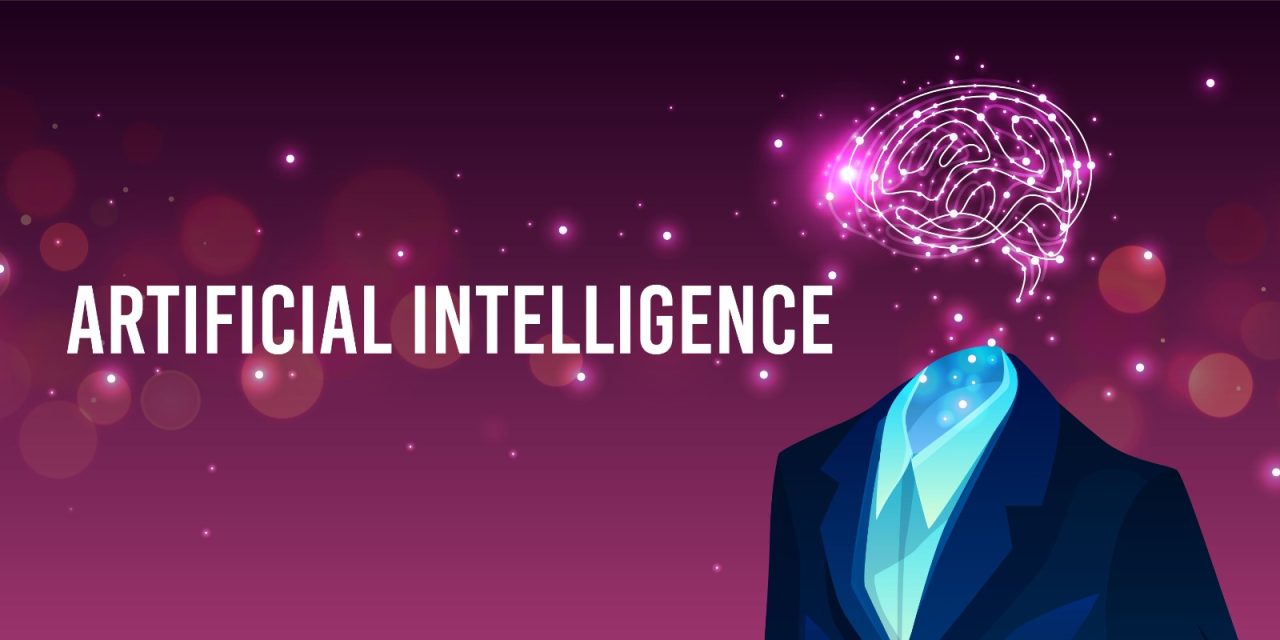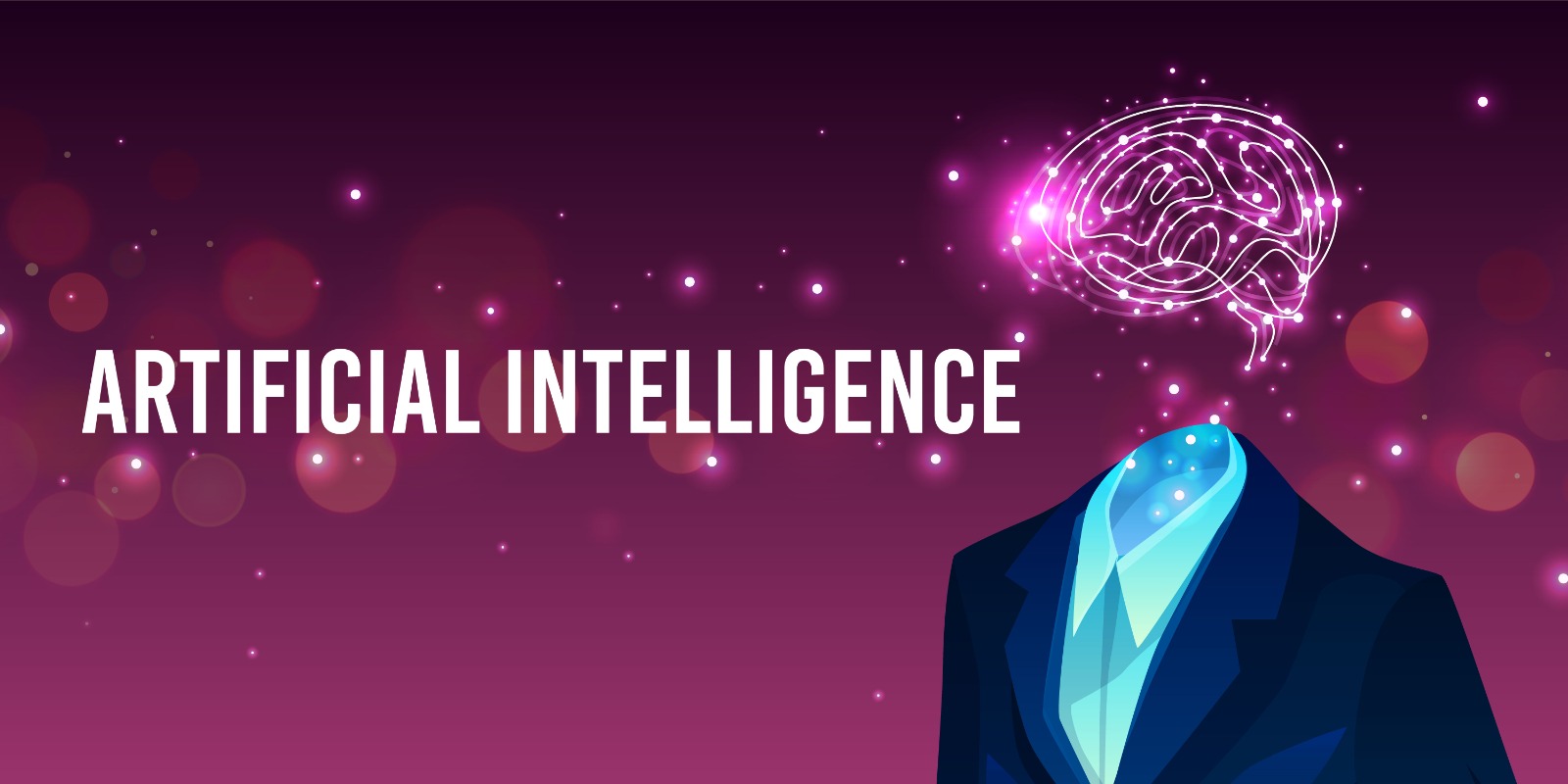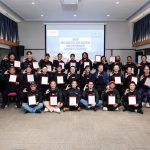New data reveals Malaysian employees are using AI at work despite limited organisational support— leaders must now harness this opportunity for tangible business impact.
Microsoft Corp. and LinkedIn released the 2024 Work Trend Index, a joint report on the state of AI at work, with new findings revealing that Malaysian knowledge workers use AI more than their global counterparts.
The report, “AI at work is here. Now comes the hard part,” is based on a survey of 31,000 people across 31 countries*, labor and hiring trends on LinkedIn, trillions of Microsoft 365 productivity signals and research with Fortune 500 customers.
2024 is the year of AI at work, with the use of generative AI in the workplace nearly doubled in the last six months. LinkedIn is also seeing a significant increase in professionals adding AI skills to their profiles, and most leaders say they wouldn’t hire someone without AI skills. However, with many leaders in Malaysia worried that their company lacks an AI vision and with employees bringing their own AI tools to work, leaders have reached the hard part of any tech disruption: moving from experimentation to tangible business impact.
“The pace of diffusion of generative AI is remarkable and we are seeing a promising trend with AI adoption among our customers in Malaysia too. The 2024 Work Trend Index revealed that 84% of Malaysian knowledge workers are already using AI at work to stay productive, save time, and be more creative – and they are not pausing for the rollout of a coherent AI vision and roadmap from their organisations. With AI becoming a business imperative, leaders must demonstrate more appetite for rapid experimentation to business transformation,” said K Raman, Managing Director of Microsoft Malaysia.

The Work Trend Index report reveals three urgent insights that every leader and professional needs to know about AI’s impact on work and the labour market in the year ahead:
- Employees want AI at work—and won’t wait for companies to catch up:
84% of knowledge workers in Malaysia (vs. 75% globally) now use AI at work. Struggling to keep up with the pace and volume of work, employees say AI saves time, boosts creativity, and allows them to focus on their most important work.
While 88% of the Malaysian leaders believe their company needs to adopt AI to stay competitive, 66% worry their organisation’s leadership lacks a plan and vision to implement it. So, employees are taking things into their own hands. 83% of Malaysian AI users are bringing their own tools to work—Bring Your Own AI (BYOAI)—missing out on the benefits that come from strategic AI use at scale and putting company data at risk. The opportunity for every leader is to channel this momentum into ROI.
- The rise of the AI power user—and what they reveal about the future:
An AI power user can be defined as someone who uses the technology several times a week, saving 30 minutes of work daily. In Malaysia, 85% of power users frequently start their day with AI, while another 82% use it to plan for the following workday.
AI power users in Malaysia are 50% more likely to have heard about the importance of generative AI from their CEO, however only 22% are more likely to receive tailored AI training for their specific role or function. To empower power users, senior leaders must lean in, provide tailored training, whilst company culture is change-ready.
- For employees, AI raises the bar and breaks the career ceiling:
65% of Malaysian leaders say they’d rather hire a less experienced candidate with AI skills than a more experienced candidate who lacked them.
As of late last year, we have seen a 142x increase in members globally adding AI skills like ChatGPT and Copilot to their LinkedIn profiles while AI mentions in LinkedIn job posts drive a 17% bump in application growth.
“As Malaysia experiences a significant transformation in the workplace driven by AI, businesses are recognising the necessity for a new talent strategy,” said Rohit Kalsy, Head of Sales, Emerging Markets, Southeast Asia, LinkedIn. “In an era where the talent landscape is evolving at an unprecedented pace, leaders who focus on agility and invest in skills development to cultivate an AI-ready workforce will hold a competitive advantage. In Malaysia, 62% of business leaders would not hire someone without AI skills, while 65% would rather hire someone who is less experienced but possesses AI skills than someone without. This underscores that AI competency is no longer an ‘X’ factor but a necessity in today’s workplace. This past year has indicated that professionals are aware of the need to adequately upskill themselves for the age of AI – we have seen a record number of learners undertaking the top AI courses on LinkedIn since January 2023 across Southeast Asia, Australia and India.”

Prominent organisations like Permodalan Nasional Berhad (PNB) and Johor Corporation (JCorp) are leading the way in adopting Microsoft Copilot and other AI tools to drive cultural and business transformation.
“AI represents a significant advancement for PNB, offering new opportunities for strategic growth. Integrating AI goes beyond streamlining operations; it enables us to unlock new possibilities. By progressively equipping our teams with AI expertise, we’re enhancing their ability to leverage data insights and make informed decisions. This ultimately helps us deliver greater value to our stakeholders and to serve our purpose in uplifting the financial lives of Malaysians across generations,” said Ts. Izzat Aziz, Chief Technology Officer at PNB.

“Here at JCorp, we’re hitting the gas pedal on AI by building an employee culture that thrives on adaptation and embraces new technology. This isn’t just about digital proficiency; it’s about empowering our people to unlock the full potential of AI. We are encouraging our employees to leverage data and utilise AI to optimise revenue and cost, increase work efficiency, promote innovations, and produce better products and services. By putting these tools in their hands, we’re fueling both productivity and creativity. This cultural shift is the key to staying ahead of the curve in today’s fast-paced business landscape,” said Mr. Ahmad Yusri Mohamad, Chief Digital Officer, JCorp.

Alongside this research, Microsoft announced new capabilities in Copilot for Microsoft 365, and LinkedIn unlocked more than 50 learning courses for LinkedIn Premium subscribers designed to empower professionals at all levels to advance their AI aptitude.
- Copilot will become more conversational by suggesting follow-up prompts or asking clarifying questions to provide the best response possible.
- A new chat interface in Copilot will proactively offer timely recommendations based on recent activity, like “You missed Tuesday’s sales meeting. Here’s a quick summary” or flagging an important email for follow up.
- The prompt box in Copilot will now have an auto complete experience, allowing users to get better results from their prompts. If you’ve already written the prompt, a new rewrite feature will turn basic prompts into rich ones, grounded in your work meetings, documents and emails.
- Updates to Copilot Lab will allow employees to create, publish and manage prompts that are expressly tailored to their team.
LinkedIn is now providing AI tools to enable you to stay ahead in your career, with over 600 AI courses currently and 50 new AI learning courses available for everyone for free through July 8.
- In addition, AI-powered coaching offers personalised content and conversational learning.
- For LinkedIn Premium subscribers, new AI-powered personalised takeaways on LinkedIn Feed offer you insights, ideas and actions to take.
- AI-powered tools make it easier to assess your fit for a role in seconds based on your experience and skills. You can also get advice on how to stand out and suggestions for skill building.
To learn more, visit the Official Microsoft Blog, the 2024 Work Trend Index Report, and head to LinkedIn to hear more from the company’s Chief Economist, Karin Kimbrough.
*Asia Pacific markets in the study include Australia, China, Hong Kong, India, Indonesia, Japan, Malaysia, New Zealand, Philippines, Singapore, South Korea, Taiwan, Thailand and Vietnam.















